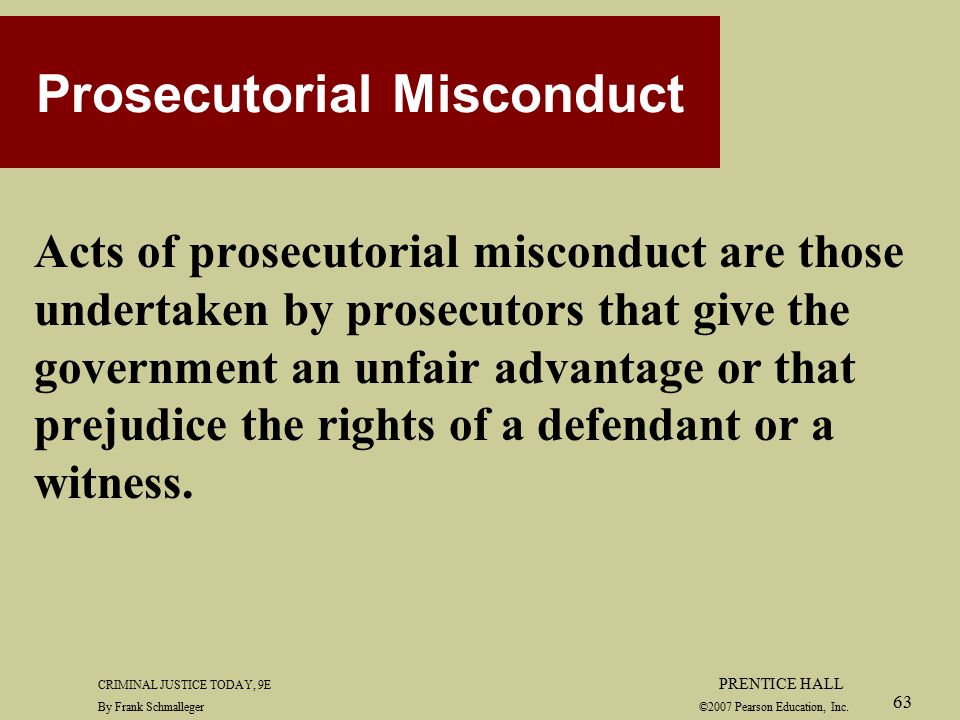 Yesterday, in the last day of testimony in the criminal trial of former key Enron executives Ken Lay and Jeff Skilling, the Enron Task Force confirmed in open court that it refuses to grant immunity to half-a-dozen former Enron executives who have declined to testify during the trial on Fifth Amendment grounds, but would likely provide exculpatory testimony for Lay and Skilling if they were granted immunity to testify.
Yesterday, in the last day of testimony in the criminal trial of former key Enron executives Ken Lay and Jeff Skilling, the Enron Task Force confirmed in open court that it refuses to grant immunity to half-a-dozen former Enron executives who have declined to testify during the trial on Fifth Amendment grounds, but would likely provide exculpatory testimony for Lay and Skilling if they were granted immunity to testify.
The Lay-Skilling defense team limited the immunity request to those six witnesses even though the Task Force has fingered about 100 former Enron executives as unindicted co-conspirators in the case and targeted many of those in the Enron criminal investigation without indicting them. U.S. District Judge Sim Lake declined to grant defense immunity to the witnesses after the Task Force refused to recommend immunity to facilitate the witnesses’ testimony.
Meanwhile, during a hearing yesterday in New York federal district court, a Skadden, Arps lawyer representing accounting firm KPMG in negotiations with the Justice Department over KPMG’s involvement in creating and promoting allegedly illegal tax shelters testified that a Justice Department prosecutor threatened that “if [KPMG has] discretion regarding [payment of attorneys’ fees of KPMG partners involved targeted in the probe], we will look at that under a microscope.” Ellen Podgor in this post provides excellent background information on this hearing.
So, in one case, the Justice Department prevents a jury from assessing potentially exculpatory testimony for the defense while, at the same time, arguing that its witnesses alleging criminal conduct against the defendants are unrefuted.
In another case, the Justice Department attempts to undermine individual defendants from defending themselves by cutting off their main source of funds for a defense to a prosecution that — absent such a source for defense costs — would likely overwhelm them.
Yet two more examples of the increasingly high price of asserting innocence in our criminal justice system. As Sir Thomas More reminds us, “do you really think you could stand upright in the winds [of abusive prosecutorial power] that would blow” if that power were to set its sights on you? And what is the more serious danger to justice and the rule of law — out-of-control prosecutors or risk-taking businesspersons?

Is it all just postmodern and about the control of the narrative? The more serious danger to justice and the rule of law —
Well… Enron tilted it all and the story will be in the telling of it. We’re still writing about the Civil War; we’re still debating the relevance of the Magna Carta.
Cheers.
The prosecutors are hooked on performance enhancers, i.e. they’re cheating. The cost of such abuse to us, however, is much higher in their arena than on, say, a baseball field.
Prosecutors have full control of this system especially when they declare a conspiracy and then never have to actually go after the alleged conspirators that were instrumental in the alleged conspiracy. They can then use “conspirator” evidence and interpret it at will and the defendant is never able to fully confront or contest the prosecution slant. Considering many juries are made up of people who believe in their government, this is overwhelmingly prejudicial to a defendant. And on top of that, prosecutors can buy witnesses and testimony with the promise of freedom.
These same games were played in the Jamie Olis case. His company played the game with prosecutors cutting off his defense costs when he was nothing but a loyal and hard working employee. And the heads of the alleged conspiracy were required to be silent and also are safe from prosecution so long as they stay silent. Olis is still in prison and there is still no word on his re-sentencing so he is still being punished with a quarter century prison sentence as a mid level tax executive who didn’t pocket a dime.
WHAT IS THIS? It is stupid, crazy, frightening, horrible and cruel. It is certainly not justice or anything remotely close to it.